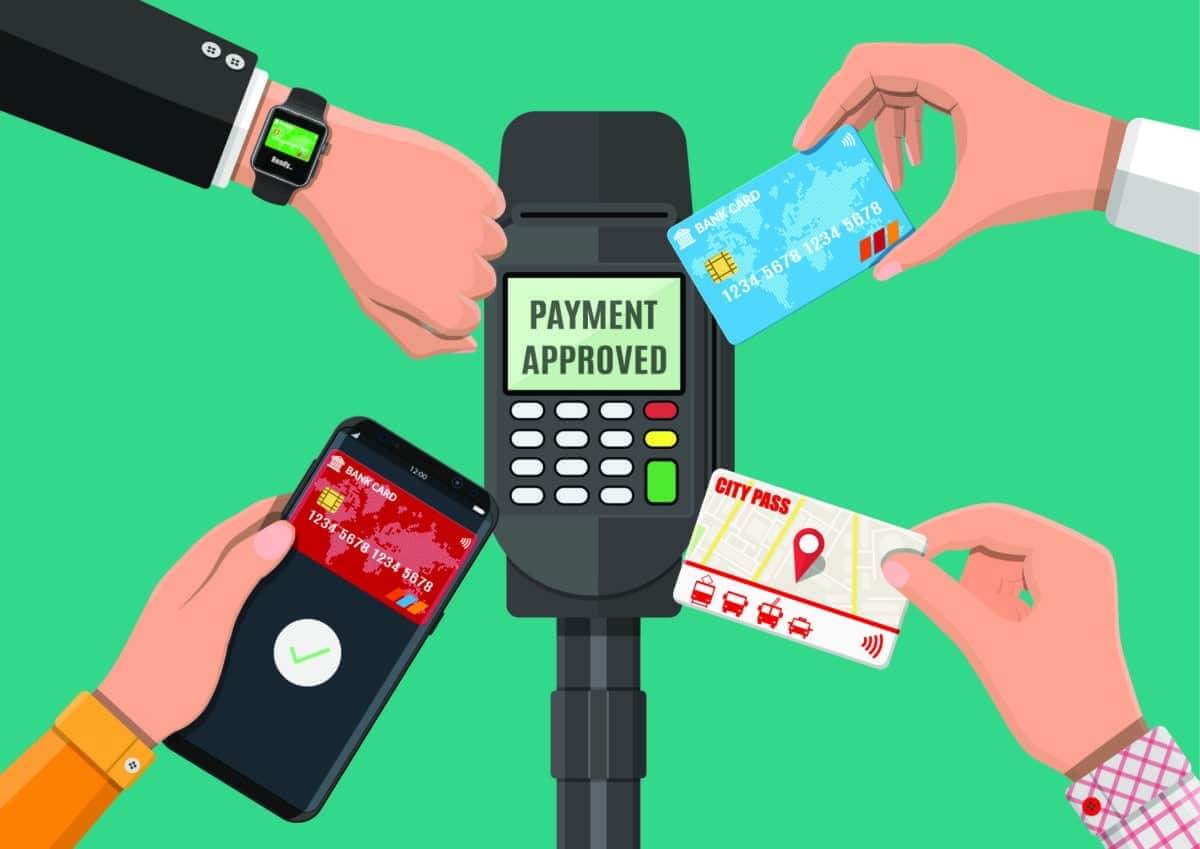
The Inexorable Move to a Cashless Society
Ever since the mainstream use of credit and debit cards in the early 1990s, the use of cash has declined. The introduction of mobile payment applications and online shopping saw the decline accelerate considerably. The Covid-19 pandemic also significantly impacted the decline of cash transactions. The UK has seen cash purchases decrease from more than 50% ten years ago to around 15% today, whilst, in Sweden, it is increasingly common to see “No cash accepted” signs in shops and restaurants. According to calculations by Norges Bank, Norway leads the world in digital payments, with cash used in just 3-4% of all transactions, the lowest level of cash usage in the world. The Norwegian Conservative Party (Høyre) plans to eliminate paper money by 2030, making the country the first to become completely cashless. It is, of course, mainly rich countries in the west that are leading the way to cashless societies and leaving behind poorer countries. Morocco is the country most reliant on cash, where cash payments account for 74% of all transactions, and only 29% of the population has a bank account. Egypt, Kenya, Nigeria, and The Philippines make up the top 5 cash dependant countries.
The cashless society has been predicted for some time, and in some places it is getting closer. Many governments and central banks




